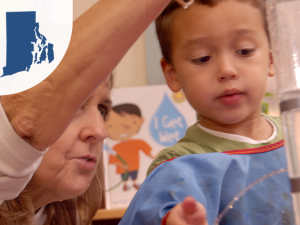Other PD
This training will provide participants with strategies and techniques to identify the core concepts of trauma and sensory processing and their eff...
This training is designed to help teachers identify and analyze the causes of challenging student behaviors. We will show you 3 tools you can use t...
Other PD
This program for infant and preschool teachers focuses on play therapy techniques to boost students’ emotional understanding and reduce negat...
Other PD
Recognize types of stress and when stress levels become a concern. Increase the satisfaction in your life while preparing to face everyday challenges.
This 12.5-hour self-paced course equips educators with effective strategies to support children experiencing selective mutism, a severe anxiety dis...
Learn to craft truly immersive learning spaces with this course. This transformative 12.5-hour self-paced journey invites you to delve into integra...
Other PD
The goal for this training is to strengthen school safety policies while building confidence and trust among educators. The course will analyze cur...
This training is an evidence-based program derived from the AAP, and is intended for Center based and family home daycares. The focus is on definin...
This session emphasizes the importance of hiring a certified lead professional who will use lead-safe work practices to reduce exposure to lead whe...




